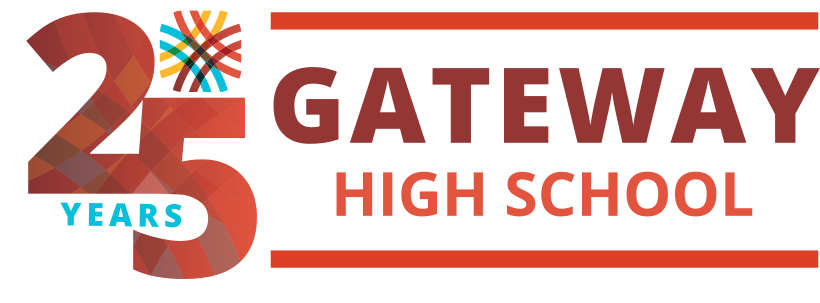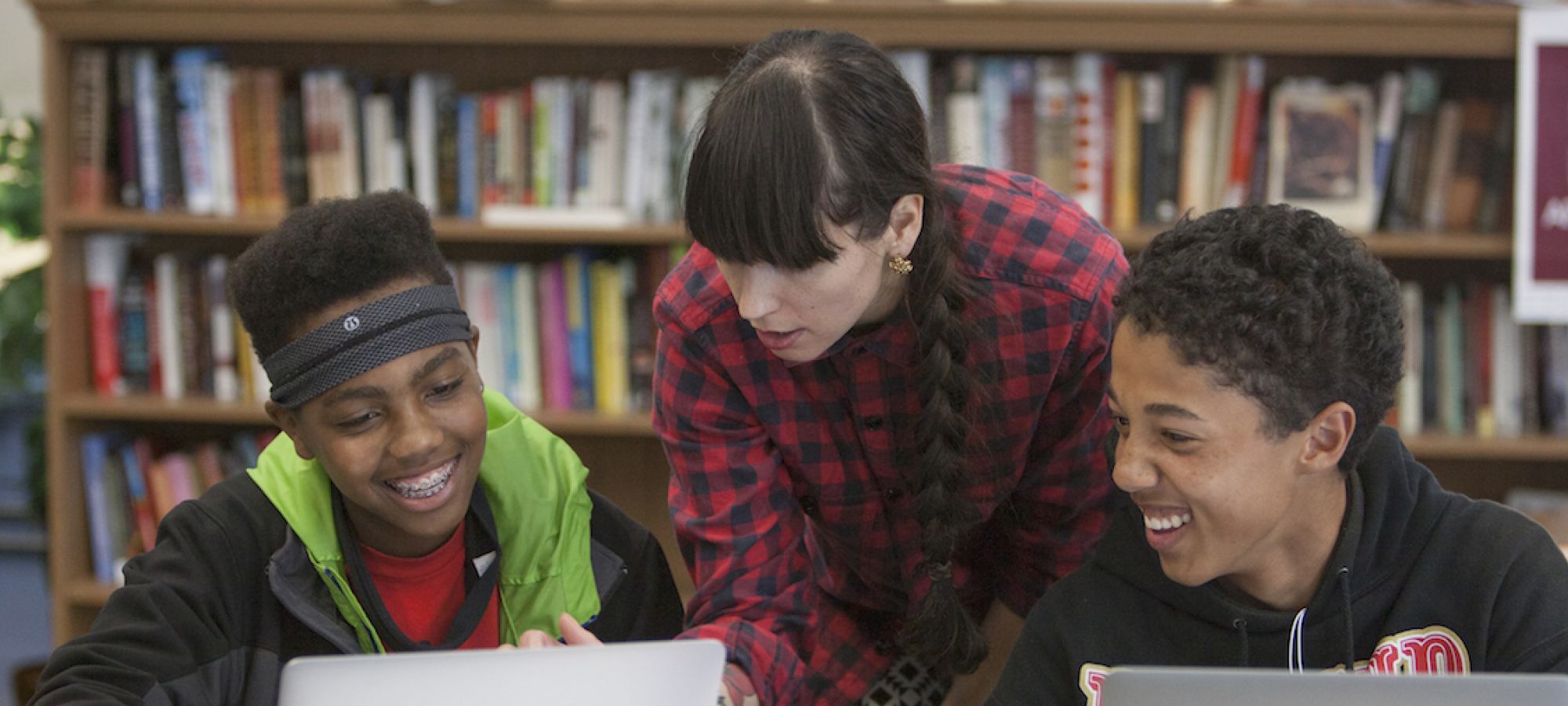Becoming eligible for accommodations on the PSAT, SAT, or AP exams involves submitting an application form to the College Board. The College Board makes their decision based on the following evidence:
Students must have documentation of their disability, such as a current psychoeducational evaluation or a report from a doctor. The type of documentation needed depends on the student’s disability and the accommodations being requested.
- The student must demonstrate the need for the specific accommodation requested. For example, students requesting extended time should have documentation showing that they have difficulty performing timed tasks, such as testing under timed conditions.
- The disability must result in a relevant functional limitation. In other words, it must impact the student’s ability to participate in College Board exams. For example, students whose disabilities result in functional limitations in the following areas may need accommodations:
- Reading
- Writing
- Sitting for extended periods
- With few exceptions, students who request an accommodation on College Board exams receive that accommodation on tests that they take in school. However, students who receive an accommodation in school or have an Individualized Education Program (IEP) or 504 Plan that includes the accommodation do not automatically qualify for the accommodation on College Board exams.
Once the College Board receives the application, it usually takes about six weeks to receive a letter in the mail approving or denying the accommodations being requested. For additional information, please visit “College Board Services for Students with Disabilities.”
The requirements for receiving accommodations on the ACT exam are similar to those required by the College Board. However, requesting accommodations on the ACT is a completely separate process. For more information please visit “ACT Test Accommodations for Students with Disabilities.”

